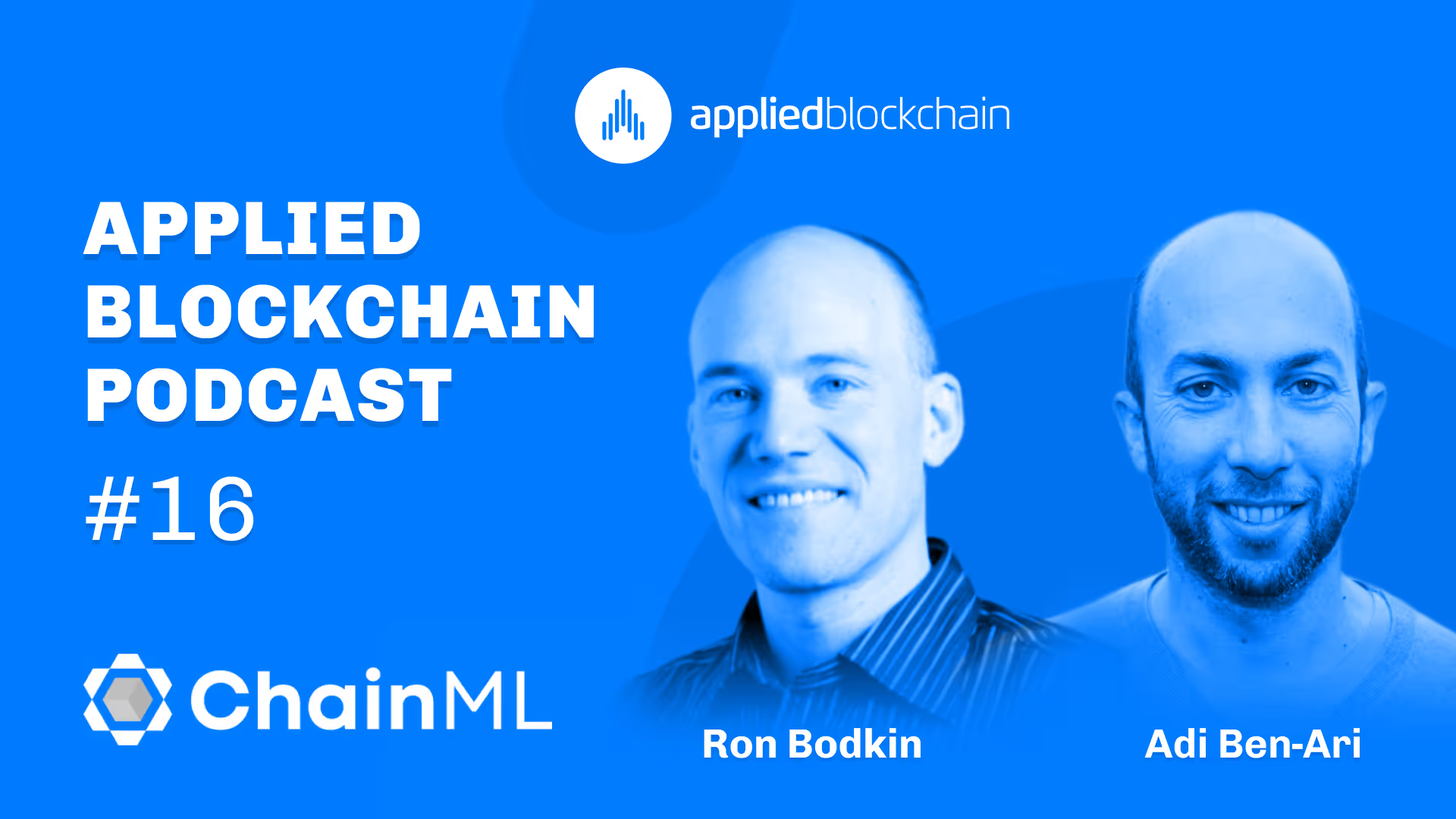
AI has become an integral part of our world, changing from the way we research information to how we conduct brain surgery. As we increasingly rely on AI systems for critical decision-making, significant risks arise—particularly in relation to the reliability and integrity of the data that fuels these systems.
The consequences of using flawed or unreliable data in AI systems can be substantial. According to a study by Gartner, poor data quality costs organisations an average of $15 million annually per company. This figure underscores the financial impact of decisions made based on incorrect data and as more companies adopt AI without addressing data quality issues, the potential for costly errors and decision-making failures increases. These decisions could be avoided by implementing more rigorous data validation processes, such as those enabled by blockchain technology.
For instance, the financial services industry, which heavily relies on AI for everything from fraud detection to trading algorithms, has seen significant losses due to AI errors stemming from poor data integrity. A notable example is the Knight Capital Group incident in 2012, where a trading algorithm malfunction caused by faulty data led to a $440 million loss in just 45 minutes. This incident illustrates the catastrophic potential of unvalidated or erroneous data within AI systems.
In the realm of fake news, the need to verify the legitimacy of its source is extremely high. News & media companies rely on public trust, which can be irreparably damaged if they disseminate misinformation. For instance, AI-generated videos that can convincingly depict people saying or doing things they never actually did. If media companies fail to ensure the accuracy of AI-generated content, they risk losing their credibility, which is crucial in an industry built on trust. To prevent this, it is imperative that media companies adopt rigorous data verification processes, potentially leveraging technologies like blockchain to ensure the integrity of the information.
Blockchain technology offers a promising solution to these challenges by providing a secure, transparent, and immutable record of data provenance that inspires trust, reduces risk, and ensures safety in decision-making processes. On the one hand, blockchain technology can play a vital role in addressing this issue of flawed AI logic by providing a decentralised, immutable ledger to track and verify the decision-making processes of AI systems. On the other hand, blockchain can ensure that the data used to train AI models is verified, tamper-proof, and traceable.
At Applied Blockchain, we specialise in developing blockchain and data privacy solutions that not only reduce company risk exposure but also drive profitability through the immense value that these technologies can bring. If your company is integrating AI into its core operations and you're seeking to mitigate risks while maximising potential value, reach out to us today to learn more.
"AI is going to be one of the most transformative technologies of our lifetimes, and by integrating it with Web3, we can build an open, decentralised ecosystem that empowers individuals and fosters innovation, while mitigating the risks of centralisation."
- Ron Bodkin from ChainML.
